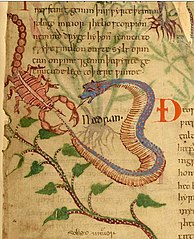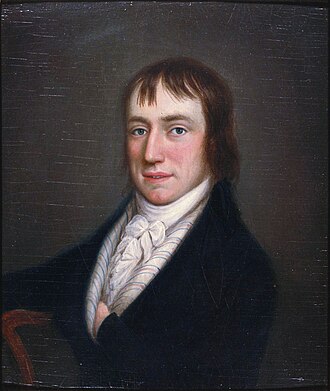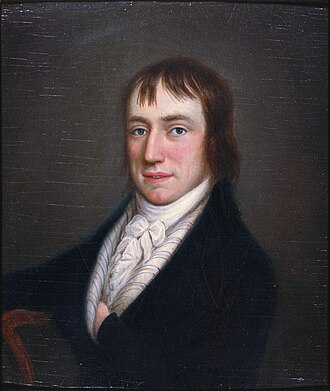Definition of Pastoral Elegy:
The pastoral elegy is a special type rooted in classical literary tradition. The term "pastoral" comes from the Greek word pastor, meaning "shepherd." In this poetic form, the poet often adopts the voice of a shepherd mourning the death of another shepherd, creating an idealized rural setting to express grief. This form…









